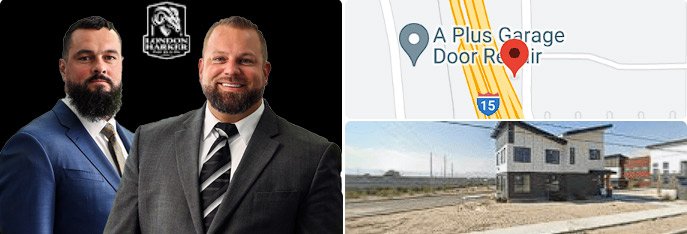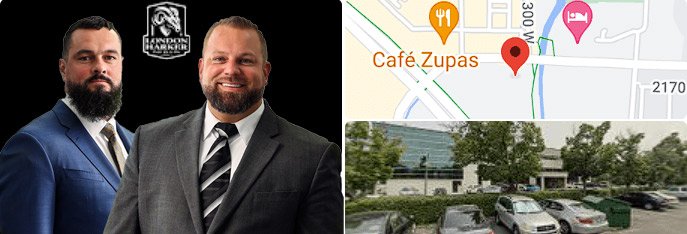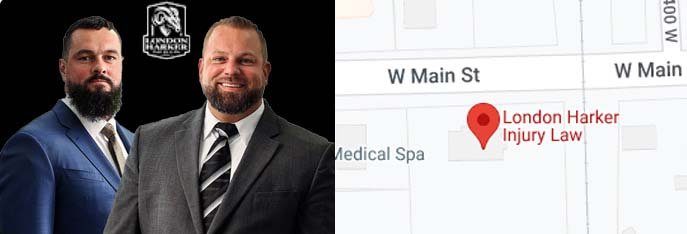Posted on Monday, October 21st, 2024 at 4:27 pm
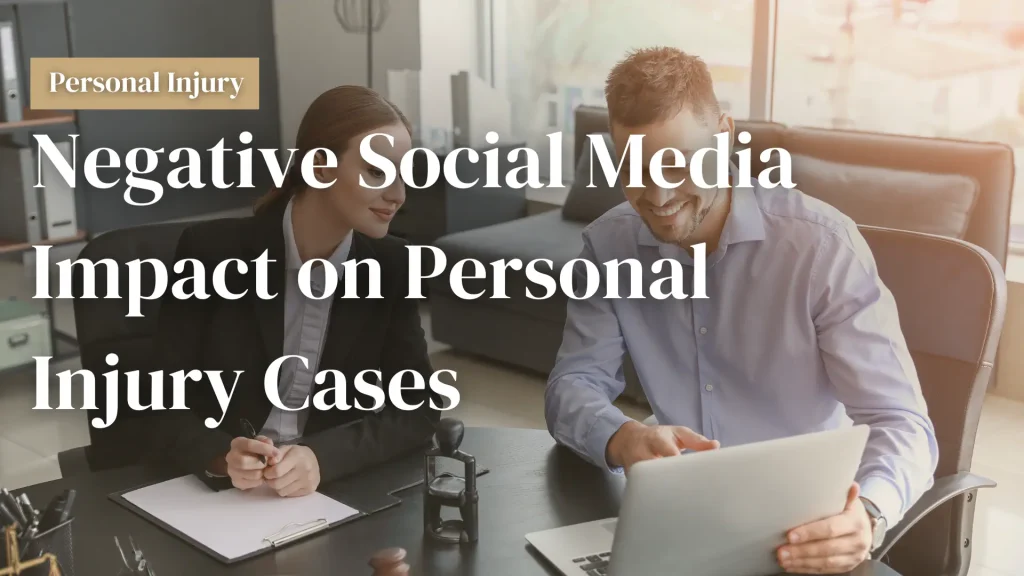
Social media is a ubiquitous part of modern life, but your posts can undermine your Utah personal injury claim. Insurance companies routinely scrutinize people’s posts for anything that might undercut a claimant’s argument, keeping people from recovering fair compensation. Unfortunately, many people don’t understand the negative link between social media and personal injury claims, leading them to make mistakes. Below, you’ll find more information on this crucial topic from our Utah injury attorneys.
Do Insurance Companies Have the Right to See Your Social Media Posts?
Insurance companies may review your social media posts if they’re publicly available. They can use anything you share online, including photos, videos, or comments, as evidence in your case.
While insurers don’t have unrestricted access to private accounts, they might request your social media content during the discovery phase of a lawsuit. Courts sometimes allow this if an insurer can show the request is relevant to the case.
To protect your claim, avoid sharing details about your accident or recovery on social media. Adjust your privacy settings, but remember that insurance companies can access your private posts through a court order. Consulting an attorney can help you understand your rights and take steps to protect your claim from unnecessary or illegal scrutiny.
How Your Social Media Posts Can Hurt Your Utah Personal Injury Claim
Insurance companies and their attorneys often monitor social media platforms you use to find evidence that can weaken your case. Here are some common ways your posts can negatively impact your Utah personal claim:
-
Contradicting Your Injuries: Posts showing you participating in physical activities or sports can indicate your injuries aren’t as severe as you say. Even seemingly harmless updates can give the wrong impression.
-
Undermining Pain and Suffering Claims: Pictures or updates where you appear happy or active can make it seem like your injuries haven’t affected your life. This can weaken your arguments for non-economic losses like pain and suffering.
-
Location Data and Check-Ins: Sharing your location or checking in at certain places might suggest you’re more mobile or capable than your claim implies. This can raise doubts about your credibility and cause an insurer to deny your claim.
-
Comments or Interactions: Replies to friends or family, especially about your accident or injuries, might be taken out of context. For example, insurers can use casual statements like “I’m fine” to argue your injuries aren’t that bad.
-
Inconsistent Details: If your posts include details about the accident or your recovery that conflict with your claim, insurers can use them to question your honesty.
-
Tagging and Shared Content: Posts by friends that tag or feature you can also hurt your case. Even if you don’t post directly, others’ content might provide evidence against you.
-
Lifestyle Perceptions: Posts about vacations, dining out, or other leisure activities can be misinterpreted as proof that your injuries aren’t significant.
-
Deleted Posts: Attempts to delete posts might backfire. Insurers could claim you’re hiding something, and they can sometimes retrieve deleted content and use it as evidence.
Tips for Posting on Social Media During a Personal Injury Case
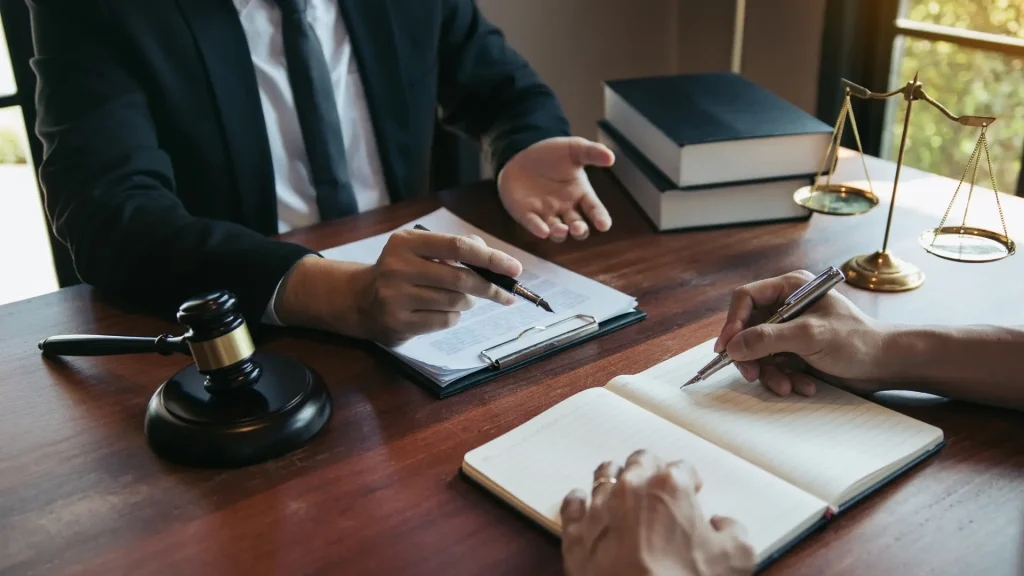
We recommend you avoid posting anything online until your personal injury case concludes. However, we also understand how that’s not practical for everyone. If you want to post online while your case is progressing, follow these tips to protect your case and privacy:
-
Avoid Discussing the Case: Do not post about the accident, your injuries, or any conversations with attorneys or insurance companies.
-
Limit Activity: Reduce your overall social media usage during your case to avoid posting something an insurance company could misinterpret.
-
Adjust Privacy Settings: Set your profiles to private to limit access to your posts. However, you should assume anything you post could still become public.
-
Avoid Photos or Videos: Do not share images or videos that might contradict your injury claims, such as participating in physical activities or social events.
-
Be Cautious About Tags: Ask friends not to tag you in their posts or photos, as these might provide unintended evidence to insurers.
-
Watch Comments: Avoid commenting on other people’s posts about your accident or recovery. Remember that insurers sometimes take casual remarks out of context.
-
Don’t Share Locations: Avoid checking in at places or sharing your whereabouts, as this could imply you’re more mobile than your injuries allow.
-
Monitor Past Posts: Review old posts and delete anything that might contradict your injury claims. That said, remember that insurance companies can sometimes retrieve deleted posts.
-
Avoid Arguments or Complaints: Refrain from venting frustrations about your case, insurers, or attorneys, as these statements could harm your credibility.
-
Consult Your Lawyer: Finally, ask your attorney before posting anything online to ensure it won’t hurt your personal injury claim.
Is an Insurer Monitoring Your Social Media? We Can Help
At London Harker Injury Law, we understand how intimidating it is to know an insurance company monitors your social media. Our team can guide you through this challenge and help protect your claim. We’ll start by reviewing your situation and advising you on avoiding online activity that might harm your case. We can also help you understand what insurers are legally allowed to do and ensure they don’t overstep their bounds.
If the insurer uses your social media posts against you, we’ll work to counter their arguments. Our attorneys know how to challenge evidence taken out of context or used unfairly. We can demonstrate how a single post or photo doesn’t tell the full story of your injuries or limitations. For instance, we can use your medical records or other evidence to demonstrate your physical limitations and contradict a photo from your social media. Check out our recent case results.
Our goal is to protect your rights and build a strong case for the compensation you deserve. By addressing potential social media pitfalls early, we help minimize risks and keep the focus on what matters most—your recovery and fair financial support for your losses. With London Harker Injury Law by your side, you can feel confident that we’ll handle the legal details while you concentrate on healing. Call 77CARCRASH now or complete our contact form for a free case evaluation from our experienced Utah personal injury lawyers.
Related Posts
What Happens When You Reject an Insurance Settlement Offer?
Why Is My Personal Injury Case Going to Trial in Utah?
Can You Get Punitive Damages for Negligence in Personal Injury?
